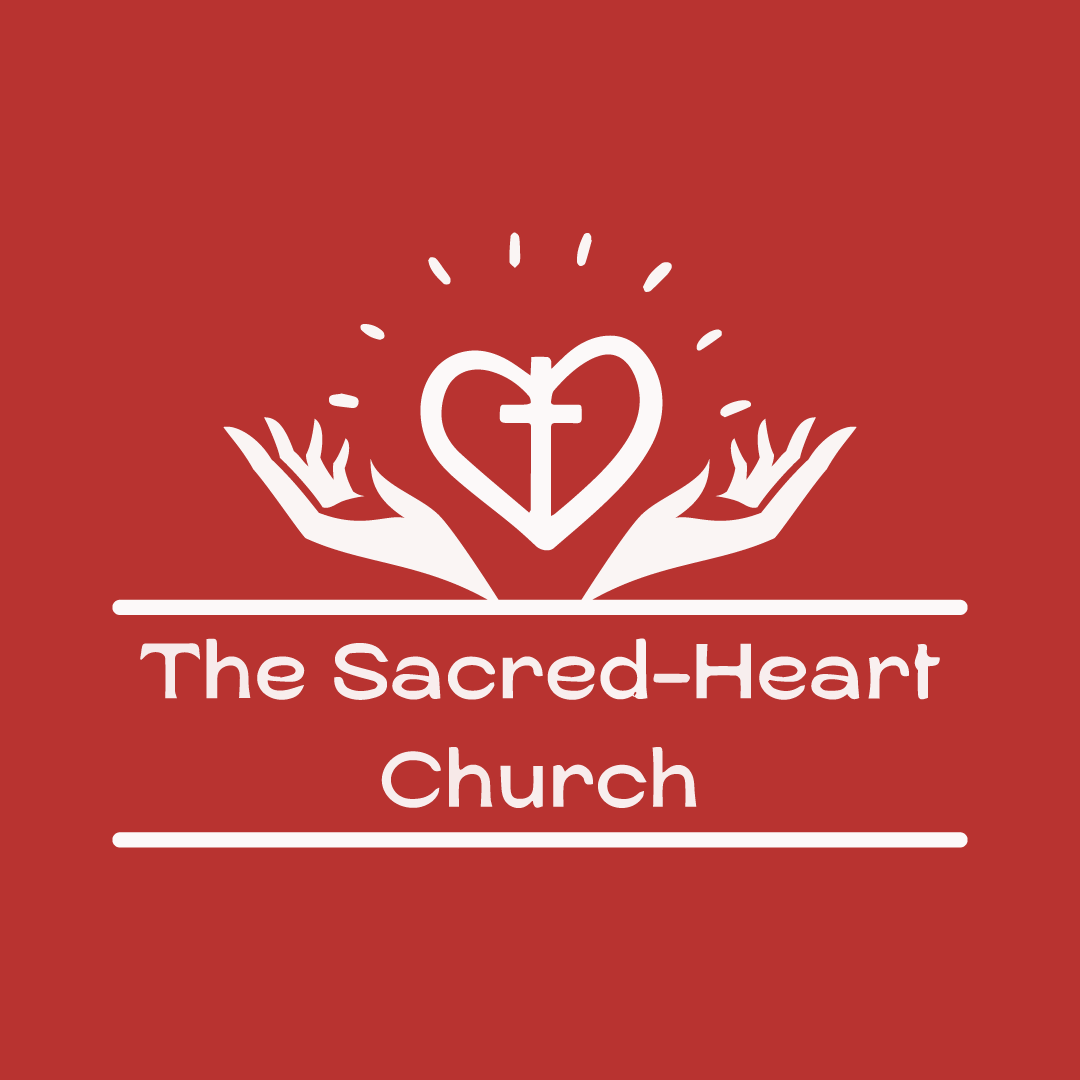For individuals struggling with addiction, finding the right support can be a daunting task, often leaving them feeling lost and uncertain about their path to healing and sobriety. Addiction is a complex issue that affects not only the individual but also their loved ones, making it essential to understand the various forms of support available. From inpatient and outpatient treatment centers to online support groups for families of addicts, there are numerous resources that can provide guidance and encouragement throughout the recovery journey.

The Four Cs of Addiction
We recognize the complexities of addiction and its impact on individuals and communities. At our church, we strive to provide a supportive environment for those struggling with addiction, offering education, resources, and guidance towards recovery.
- Compulsion: A compulsion is an overwhelming urge to engage in addictive behavior, often driven by emotional or psychological factors. Understanding compulsions helps us identify underlying issues and develop effective coping mechanisms.
- Craving: Cravings are intense desires for substances or behaviors that can lead to relapse. We offer strategies to manage cravings, such as mindfulness techniques and support groups, to aid in recovery.
- Consequences: The consequences of addiction can be severe, affecting relationships, health, and overall well-being. By acknowledging these consequences, we can work together to prevent further harm and promote healing.
- Control: Regaining control over addictive behaviors requires a combination of self-awareness, motivation, and support. Our church provides resources and guidance to help individuals regain control and work towards long-term recovery.
By recognizing the Four Cs of addiction, we can better understand the complexities of addiction and provide more effective support for those struggling. If you or someone you know is affected by addiction, please reach out to us for guidance and resources.
For more information on addiction and recovery, visit the National Institute on Drug Abuse (www.drugabuse.gov) or the Substance Abuse and Mental Health Services Administration (www.samhsa.gov). These organizations offer valuable resources and information on addiction treatment and recovery.
At our church, we believe in the importance of community and support in overcoming addiction. Join us for our weekly support group meetings, where you can connect with others who share your struggles and find hope for recovery.
Remember, recovery is possible, and we’re here to support you every step of the way.
Types of Support for Substance Abuse
We understand that overcoming substance abuse requires a multifaceted approach, involving various forms of support to foster long-term recovery.
-
Inpatient Rehabilitation Programs
Inpatient rehabilitation programs offer intensive treatment in a controlled environment, providing around-the-clock care and supervision.
-
Outpatient Treatment Centers
Outpatient treatment centers offer flexible scheduling, allowing individuals to receive treatment while continuing daily responsibilities.
-
Counseling Services
Counseling services, including individual and group therapy, help individuals identify underlying issues contributing to substance abuse.
-
Support Groups
Support groups, such as 12-step programs and non-12-step programs, provide a sense of community and accountability among individuals struggling with substance abuse.
-
Online Virtual Support Groups
Online virtual support groups offer convenience and accessibility, allowing individuals to participate remotely and connect with others who share similar experiences.
-
Group Therapy
Group therapy involves working with a therapist and a small group of peers to address substance abuse and related issues.
-
Family Therapy
Family therapy helps family members understand and cope with the effects of substance abuse, promoting healing and rebuilding relationships.
-
Medication-Assisted Treatment (MAT)
MAT combines medication with counseling and behavioral therapies to treat opioid use disorder and other substance use disorders.
-
Residential Treatment Centers
Residential treatment centers provide a safe and supportive environment for individuals to receive intensive treatment and develop coping skills.
We encourage individuals seeking support for substance abuse to explore these options and find the best fit for their unique needs and circumstances.

Recovery Tips for Addicts
We understand that overcoming addiction is a challenging journey, and we’re here to offer guidance and support every step of the way.
-
Tip 1: Seek Professional Help
Reaching out to a healthcare professional or a licensed therapist is crucial in addressing addiction. They can help you develop a personalized treatment plan tailored to your needs.
-
Tip 2: Join a Support Group
Connecting with others who have gone through similar experiences can be incredibly empowering. Joining a support group, such as Narcotics Anonymous or Alcoholics Anonymous, can provide a sense of community and accountability.
-
Tip 3: Practice Self-Care
Taking care of your physical and emotional well-being is essential during the recovery process. Engage in activities that bring you joy, practice mindfulness, and prioritize healthy habits.
-
Tip 4: Identify Triggers
Understanding what triggers your cravings is vital in avoiding relapse. Keep a journal to track your emotions, situations, and environments that may lead to cravings.
-
Tip 5: Develop Coping Mechanisms
Learning healthy coping mechanisms, such as meditation, deep breathing exercises, or creative pursuits, can help manage stress and cravings.
-
Tip 6: Set Realistic Goals
Setting achievable goals and celebrating small victories can help motivate you throughout the recovery process.
-
Tip 7: Cultivate a Positive Support Network
Surround yourself with people who encourage and support your recovery journey. Having a strong support network can make a significant difference in your overall well-being.
Remember, recovery is a unique and ongoing process. Be patient, kind, and compassionate with yourself as you work towards a healthier, happier life.

Overcoming Addiction: A Path to Recovery
We understand that struggling with addiction can be a challenging and isolating experience, but there is hope for healing and recovery.
-
Step 1: Acknowledge and Accept Your Addiction
-
Step 2: Seek Professional Help and Support
-
Step 3: Foster a Supportive Community and Environment
Recognizing the problem is the first step towards seeking help and beginning the journey towards recovery. At The Sacred Heart Church, we believe that acknowledging our weaknesses and vulnerabilities is essential for personal growth and development.
We encourage you to take responsibility for your actions and seek support from loved ones, friends, or professionals who can guide you through this process.
For more information on how to acknowledge and accept your addiction, visit our Resources Page.
Recovery from addiction requires professional guidance and support. We recommend reaching out to a healthcare provider, therapist, or counselor who can help you develop a personalized treatment plan.
Additionally, consider joining a support group, such as Narcotics Anonymous or Alcoholics Anonymous, to connect with others who are going through similar experiences.
Learn more about the importance of seeking professional help and support on our Mental Health Page.
A supportive community and environment play a crucial role in maintaining sobriety and preventing relapse. Surround yourself with people who encourage and motivate you to continue on your path to recovery.
At The Sacred Heart Church, we strive to create a safe and welcoming space for individuals to grow spiritually and emotionally. Join us for worship services, community events, and educational programs to foster a sense of belonging and connection.
Discover ways to cultivate a supportive community and environment on our Community Page.
We believe that everyone deserves a chance to overcome addiction and live a fulfilling life. If you or someone you know is struggling with addiction, please don’t hesitate to reach out for help.
Contact us today to learn more about our resources and support services: Contact Us.
The Hardest Drug to Quit
When it comes to overcoming addiction, every individual’s journey is unique, and the difficulty of quitting varies greatly depending on several factors, including the type of substance, duration of use, and personal circumstances.
- Heroin: Known for its high potential for abuse and dependence, heroin is often considered one of the most challenging substances to quit due to its intense withdrawal symptoms and strong physical cravings.
- Prescription Painkillers: Opioid-based medications, such as oxycodone and hydrocodone, can lead to severe physical dependence and withdrawal issues, making it difficult for users to stop taking them without medical supervision.
- Cocaine: A highly addictive stimulant, cocaine can cause intense psychological and physical cravings, leading to a long and arduous recovery process.
- Methamphetamine: Also known as meth, this potent stimulant can induce feelings of euphoria and energy, but its prolonged use can result in severe physical and mental health consequences, making it extremely hard to quit.
- Benzodiazepines: These sedatives, commonly prescribed for anxiety and insomnia, can lead to physical dependence and withdrawal symptoms, including seizures and psychosis, making it crucial to seek professional help when trying to quit.
- Nicotine: While not typically considered a “hard” drug, nicotine addiction can still be challenging to overcome, particularly for heavy smokers who may experience intense withdrawal symptoms and cravings.
In addition to these substances, other factors can contribute to the difficulty of quitting, such as:
- Duration of Use: Longer periods of substance use can lead to deeper physical and psychological dependence, making it harder to quit.
- Age and Health Status: Older adults and individuals with underlying health conditions may face greater challenges when attempting to quit due to age-related changes and compromised health.
- Social and Environmental Factors: Peer pressure, stress, and environmental triggers can all play a significant role in the difficulty of quitting, highlighting the importance of seeking support from loved ones, therapists, or support groups.
At The Sacred Heart Church, we understand the complexities of addiction and the importance of compassionate support during the recovery process. Our community offers a safe space for individuals to share their struggles and find hope in their journey towards sobriety.

The 5 Rules of Recovery
We believe that recovery is a journey, and at The Sacred Heart Church, we’re committed to helping our community navigate this process with care and compassion.
- Rule 1: Seek Support
- Rule 2: Practice Self-Care
- Rule 3: Focus on Progress, Not Perfection
- Rule 4: Cultivate Gratitude
- Rule 5: Embrace Forgiveness
Recovery often requires a support system, whether it’s friends, family, or a professional counselor. We encourage you to reach out to loved ones or seek guidance from a trusted advisor.
Taking care of your physical, emotional, and mental well-being is crucial during the recovery process. Engage in activities that bring you joy, practice mindfulness, and prioritize rest when needed.
Recovery is a journey, not a destination. Celebrate small victories, acknowledge setbacks, and remember that progress is often incremental.
Practicing gratitude can help shift your perspective and foster a sense of hope. Reflect on the things you’re thankful for each day, no matter how small they may seem.
Forgiveness is a powerful tool in the recovery process. Learn to let go of guilt, shame, and resentment, and work towards healing and moving forward.
At The Sacred Heart Church, we’re dedicated to supporting our community through every step of the recovery journey. If you’re struggling, please don’t hesitate to reach out to us for guidance and support.

0 Comments